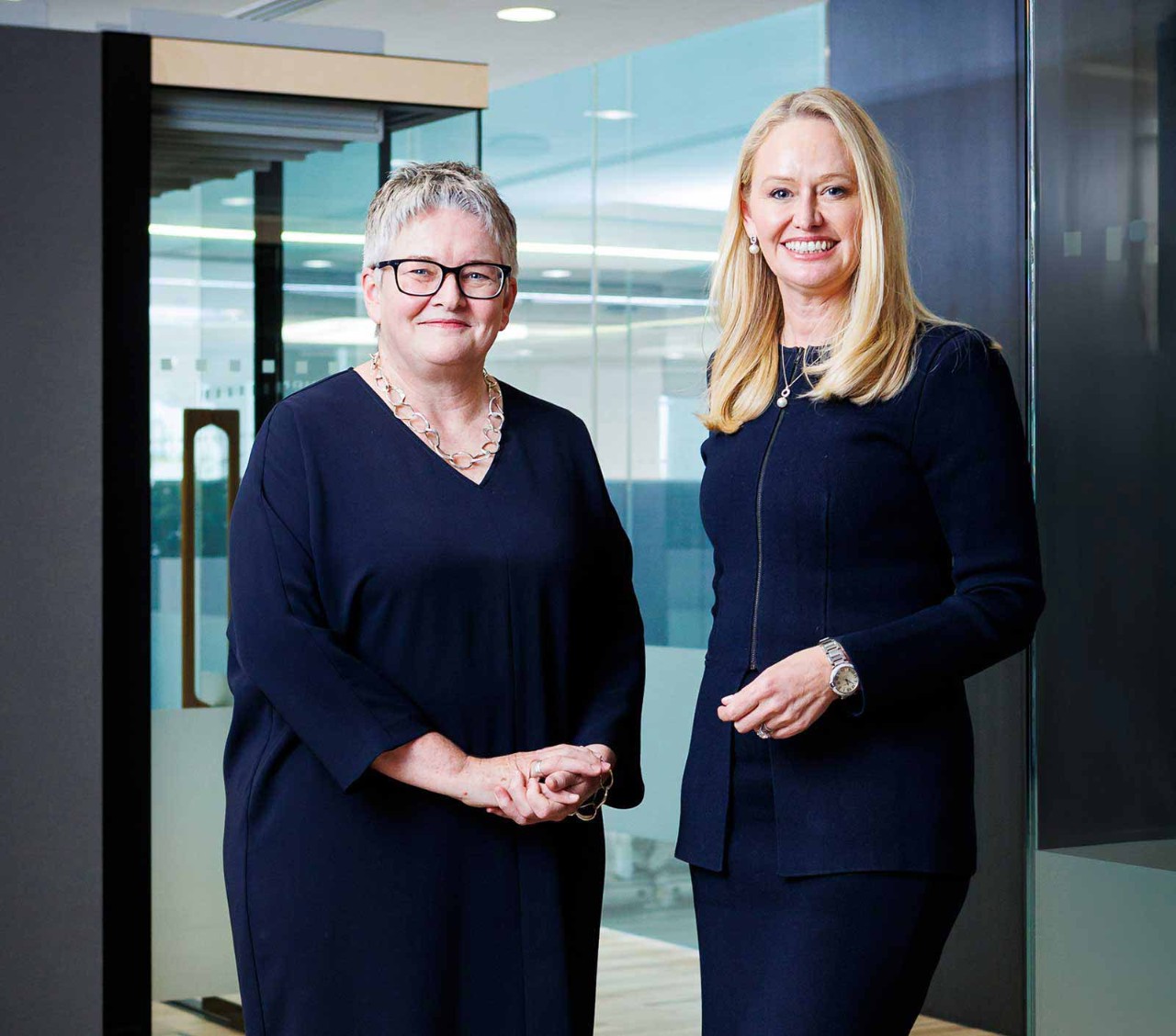
When Voravit Janthanakul ran successfully to be president of the Federation of Accounting Professions of Thailand (TFAC) in August 2020, his intention was to strengthen the accountancy profession in his country. He did not know at the time that his role at the federation would eventually allow him to do the same thing on a regional scale.
The leadership of the ASEAN Federation of Accountants (AFA) rotates among its 10 primary members, which are the national organisations of accounting professionals within the region. TFAC’s two-year turn at the helm started in January 2022, and Voravit became AFA president.
‘We are committed to incorporating all significant issues and trends in the strategic plan’

Although he had not planned for this outcome, he has embraced it as a once-in-a-lifetime opportunity to make a difference in the lives of accountants in South-East Asia.
‘With great honour comes great responsibility, and this appointment at AFA showcased how TFAC can help guide fellow AFA members through the turbulence of ever-changing technologies and business landscapes that have now become the norm for us accountants,’ he says.
Changing landscape
Voravit knows plenty about how much business and accountancy have changed over the past several decades. His career as an accountant began in the mid-1970s when he joined the Charoen Pokphand Group (CP Group), which was then essentially an animal feed company that had not ventured out of Thailand in a big way.
His work in the early days went well beyond looking at the books. His frequent cash collection visits to customers in towns and the countryside helped him to understand his employer’s operations inside out.
As the CP Group diversified and expanded overseas on its way to becoming the multinational conglomerate that it is today with a towering presence in Thailand, Voravit developed a growth mindset. His work experience in the group has sharpened his appetite for knowledge and has shaped him into a finance business partner.
Voravit is currently executive director of Charoen Pokphand Foods Public Company, which is listed on the Stock Exchange of Thailand.
By strengthening the accountancy profession, TFAC and AFA build trust
Many of the core values that he has absorbed throughout his time at the CP Group are reflected as well in his work at TFAC and AFA.
For example, the CP philosophy of doing business includes the principle that the group’s activities must not only benefit itself and its employees, but also the communities it engages with and the countries in which it operates.
Similarly, Voravit believes that by strengthening the accountancy profession, TFAC and AFA build trust and reinforce the capital markets. The economy and society ultimately gain from these efforts.
He also draws inspiration and guidance from CP’s policies and actions relating to the sustainability agenda. For Thailand and ASEAN to remain competitive in the global markets, he believes there must be a strong focus on sustainable business operations that are aligned with international best practices.
He points out that it is important for the accounting profession to play a prominent part in the adoption of sustainability reporting standards. He believes that TFAC, AFA and ACCA can help build awareness, provide knowledge, create sustainability-related courses and generally prepare accountants for deep involvement in their organisations’ pursuit of sustainability.
Working together
It also helps if the accounting bodies have formal ties that enable them to work together well. This can be through a multilateral organisation like AFA, where ACCA is an associate member. Or there can be one-on-one arrangements, such as the memorandum of understanding (MoU) that ACCA signed with TFAC in March this year.
‘The collaboration between ACCA and TFAC certainly supports the profession in the region’
The MoU paves the way for ACCA and TFAC to collaborate in the education and training of accountants. In particular, the agreement covers building capacity and knowledge in the following: finance and accounting; auditing; sustainability; environmental, social and governance (ESG) matters; the United Nations’ Sustainable Development Goals; and climate finance.
ASEAN Federation of Accountants
Established in March 1977, the ASEAN Federation of Accountants (AFA) is an umbrella organisation for the national professional accountancy organisations (PAOs) of the ASEAN member states.
AFA’s 10 primary members represent accountants in Brunei, Cambodia, Indonesia, Laos, Malaysia, Myanmar, the Philippines, Singapore, Thailand and Vietnam.
The federation also has 10 associate members. These are other accountancy bodies (including global ones) described as ‘friendly to and supportive of the AFA objectives’.
Although Voravit’s three-year term as TFAC president ended in August, he continues to look forward to the MoU contributing to the development of accountancy in Thailand and in ASEAN as a whole.
‘As it combines ACCA’s internationally robust research and knowledge with TFAC’s expertise in accounting, the collaboration certainly supports the profession in the region,’ he says.
The AFA is set to welcome its next president in January. Meanwhile, Voravit still has key duties to perform before stepping away. One of them is to chair the 137th AFA council meeting in November. The agenda includes the finalisation of the federation’s strategic plan for 2024 to 2027.
‘We are committed to incorporating all significant regional and worldwide issues and trends in the strategic plan, so as to optimise our strategies and ensure that the outcomes benefit everybody,’ says Voravit.
Reflection
The year-end will also be a time to look back at what has been achieved through the AFA’s current strategic plan during the incredibly tough Covid-19 years.
‘Despite the challenging circumstances, we have pursued AFA objectives by building on its status as a network partner of IFAC (International Federation of Accountants); utilising technology for AFA events and activities; raising knowledge of international standards; enhancing financial sustainability; and bolstering AFA’s governance,’ he adds.
‘I’m very satisfied with how far we have come, and I deeply appreciate the support from all parties involved.’



